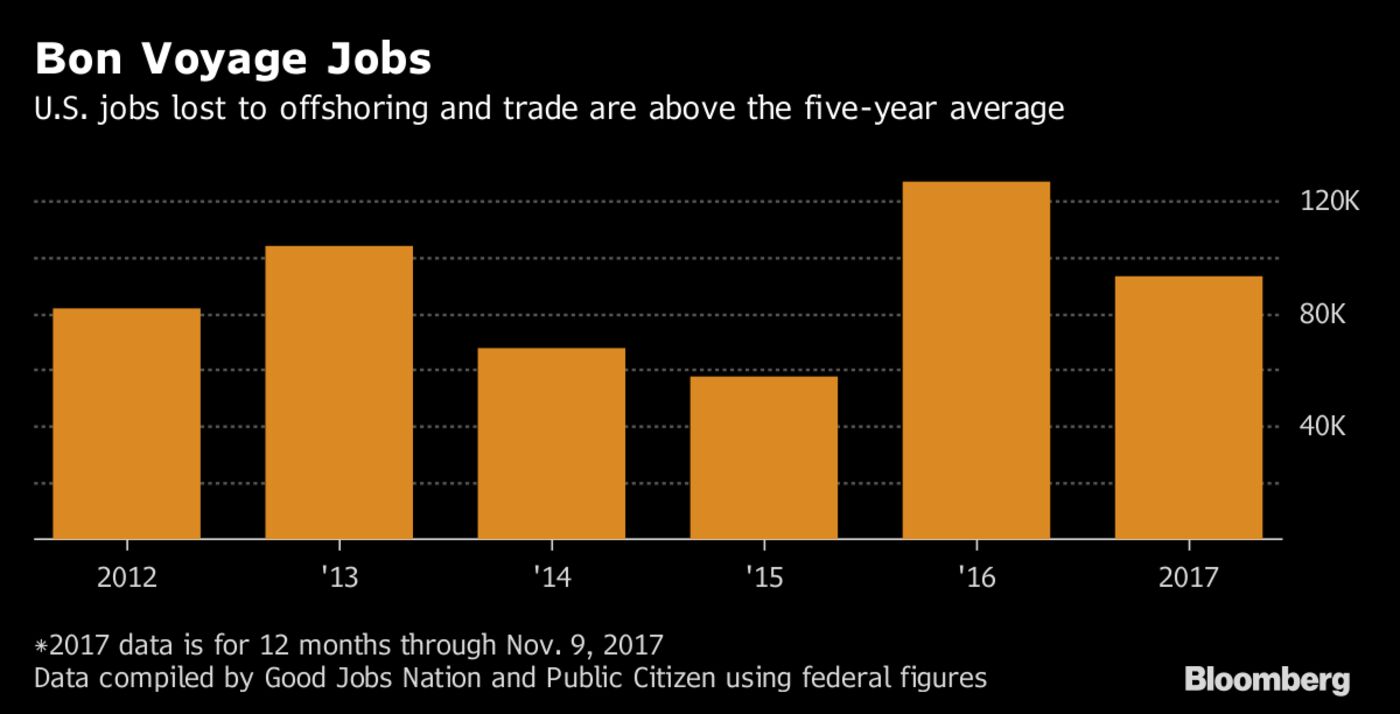Just as we predicted. The Republicans sold LIES about their TAX SCAM!
By The Editorial Board
Feb. 25, 2018After President Trump signed the Republican tax cut into law, companies put out cheery announcements that they were giving workers bonuses because of their expected windfalls from the tax reductions. The president and Republican lawmakers quickly held up these news releases as vindication for their argument that cutting the top federal corporate tax rate to 21 percent, from 35 percent, would boost workers’ incomes even as it added $1.5 trillion to the debt that future generations would have to pay off.
Now corporate announcements and analyst reports confirm what honest observers always said — this claim is pure fantasy. As executives tell investors what they intend to do with their tax savings and their spending plans are tabulated into neat charts and graphs, the reports jibe with what most experts said would happen: Companies are rewarding their stockholders.
Businesses are buying back shares, which creates demand for the stocks, boosts share prices and benefits investors. Some of the cash is going to increase dividends. And a chunk will go to acquiring other businesses, creating larger corporations that face less competition.
In addition to benefiting investors, these maneuvers will end up boosting the pay of top executives because their compensation packages are often tied to the price of their companies’ stock. Finally, a small sliver of the money will find its way into paychecks of rank-and-file employees, but it won’t be a big boost and will probably come in the form of a temporary bonus, rather than a lasting raise.
Morgan Stanley analysts estimated that 43 percent of corporate tax savings would go to buybacks and dividends and nearly 19 percent would help pay for mergers and acquisitions. Just 17 percent would be used for capital investment, and even a smaller share, 13 percent, would go toward bonuses and raises. Other Wall Street analysts have issued similar reports. If more evidence was needed, Axios reported that just nine pharmaceutical companies have announced $50 billion in buybacks since the tax law was passed.
Mr. Trump might argue that it doesn’t much matter that the tax cuts will be a boon for investors because many Americans own stocks. The president has recently touted the rising value of 401(k) accounts as a benefit of the tax law. But roughly half of all families own no stock, and most people have holdings that are worth less than $5,000. Most stock holdings, a whopping 84 percent, are in the hands of people whose incomes put them in the top 10 percent of households.
Republicans might further argue that none of this matters because the tax law is becoming more popular as people learn more about it. Indeed, a recent poll for The Times found that the law now has more supporters than opponents. But this swing in public sentiment might be less important than it appears. Consider the results of a recent Politico/Morning Consult poll that shows that just 25 percent of registered voters said they had noticed an increase in their paycheck because of lower tax withholding while 51 percent had not. The poll also found that high-income people were more likely to notice that their take-home pay had gone up. That’s because Republicans designed the law to principally benefit wealthy families while offering crumbs to low-income and middle class families.
Those crumbs, by the way, disappear after a few years. Further, many taxpayers in states like California, New Jersey and New York will be hit with higher tax bills when they file their 2018 tax returns and realize that they can now only deduct up to $10,000 in state and local taxes.
There was a legitimate argument for reforming the tax code in a way that reduced the corporate tax rate, closed loopholes and made the economy fairer and more productive. But Republicans chose a plan that rewards the rich at the expense of workers. They had to lie to make this scheme seem legitimate. Now the true effects are coming to fruition

